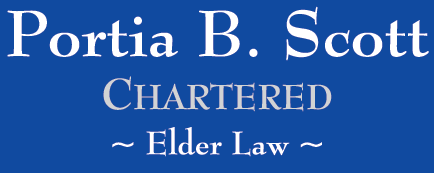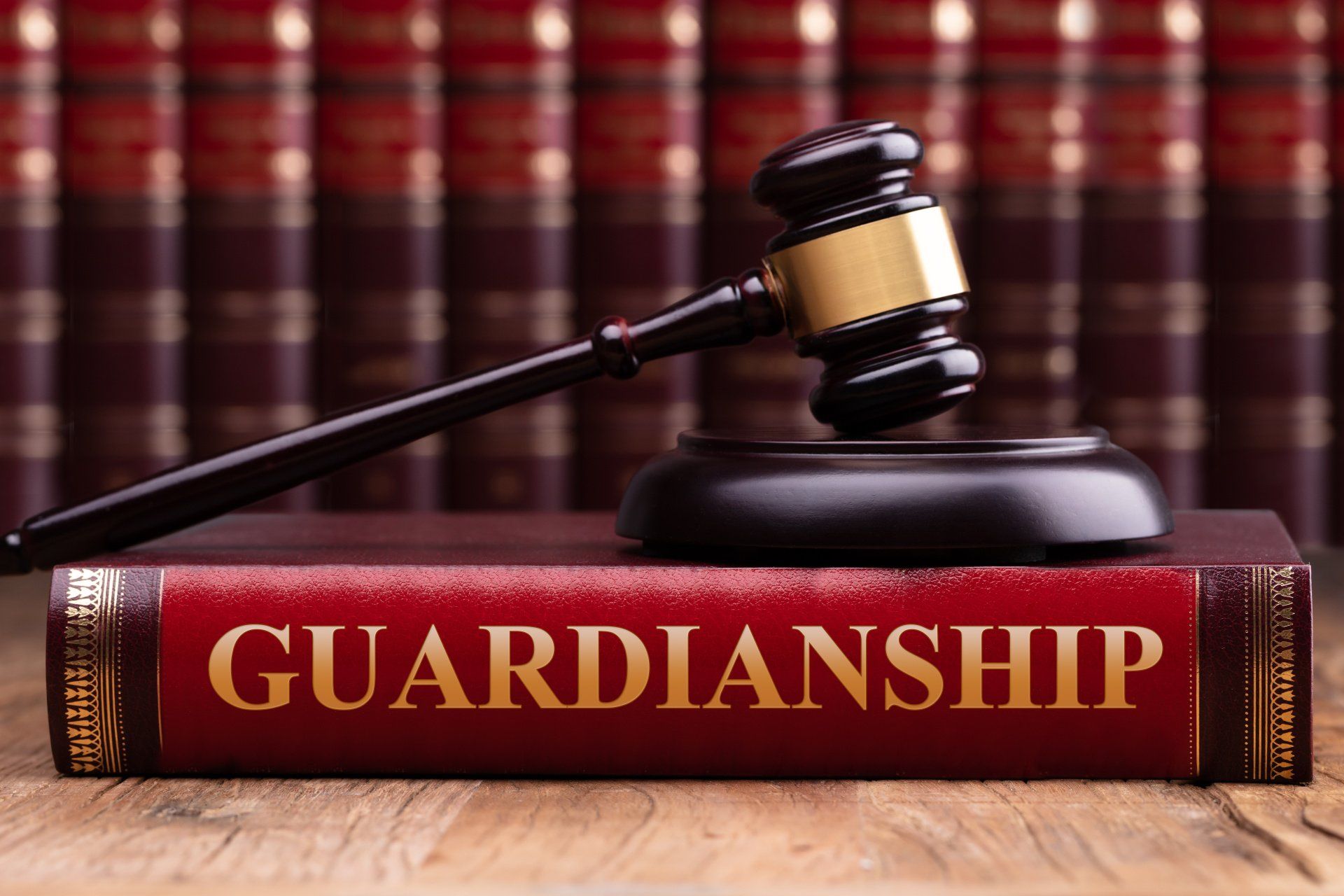
With the recent news about Britney Spears and the sensational 2020 film, I Car a Lot, Guardianships (referred to in some jurisdictions as “Conservatorship”) have come into the public awareness and are often viewed with outrage.
Certainly, there are always issues which merit close examination and Guardians and Guardianships are, and should be, subject to especial scrutiny. After all, a Guardian is not appointed unless some disability has been found which strips from the Person Under the Guardianship (the “PUG”) some of their natural authority regarding self-determination.
Children who are PUGs usually are so because they have come into more money than Ez* parents may hold in their automatic status as “natural Guardians.” A parent is a Natural Guardian of Ez child’s person and property up to the amount of $15,000.00. Above $15, 000.00 a Guardian must be appointed. A child may inherit such assets or receive the funds from a settlement of a lawsuit or through some other manner.
An adult may lose Ez rights due to physical or mental or emotional inability as determined by a Court. The standard for removing a person’s rights through the Court is “clear and convincing” evidence. Under that standard the Court must find, without hesitation, that the person is incapacitated in some way.
Once the powers of Guardianship are invoked, the Court becomes the “Super Guardian” in that the Judge is watching over the shoulder of the appointed Guardian. There are reports which must be filed regarding the PUG’s progress toward full rehabilitation - always the aim of Guardianships. There are accountings with supporting documentation which are audited by the Clerk of Court’s own auditor. The PUG maintains Ez ability to request the Judge reinstate Ez rights, wholly or partially.
The safeguards are in place specifically to protect the PUG from the very type of abuses which create Hollywood Headlines and Fodder for Films. Florida does care about its PUGs.
* this article uses the gender neutral third person pronoun of “E”, possessive pronoun of “Ez”
Share this article




